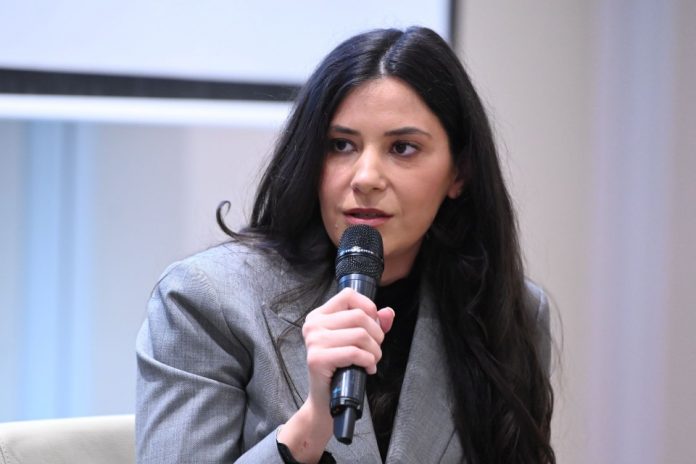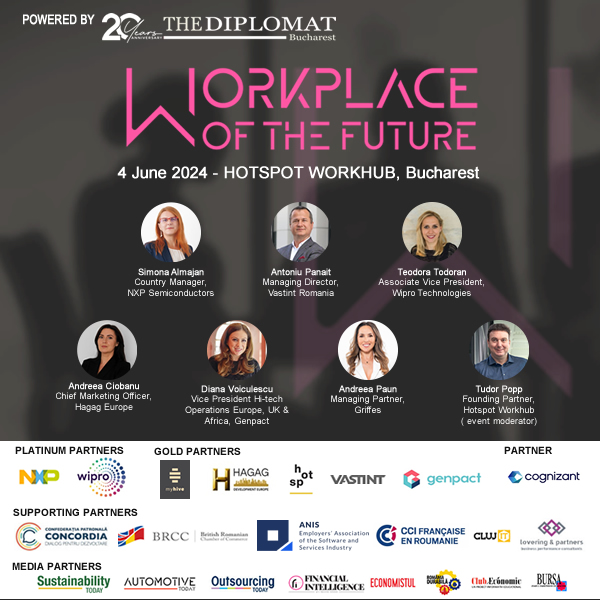“Extended producer responsibility organizations, such as the Environ association, should deal with waste management, but unfortunately the extended producer responsibility through the transfer contract turns in fact into an exclusive responsibility of the OTR. I think that we have a lot of work to do regarding the change of mentality at the level of companies, not only at the level of the population.
The first challenge of circularity regarding electrical and electronic equipment is given by the fact that we have two contradictory elements: the directive on equipment from 2012 which emphasizes the amount collected and recycled, with a target of 65 percent of the average sales over the last 3 years and at the same time a package of ambitious policies at the European level through which electrical equipment has a longer life span, can be easily repaired, and manufacturers put spare parts on the market even after the end of the warranty period,” Roxana Puia, Marketing Director, Environ said during Circular Economy Conference organized by Sustainability Today and The Diplomat-Bucharest.
“The main challenge now is the harmonization of the legislation regarding the management of electrical and electronic equipment waste and the development of the new European regulation that we will probably see by the end of this decade.
We are in a good moment because we already have a universal charger. From 2026 we will have a digital equipment passport that will give us access to the traceability of the component materials, to information about the energy performance, the environmental impact, the social impact of different types of equipment. There are a series of measures designed to make us value these products more and keep them in circulation.
In order to speed up the transition to the circular economy, we are trying to strengthen, first of all, the partnerships we have with producers, and we want to become dialogue partners for them. We need education at the level of companies in the field and we need to convince these companies of the importance of the transition to the circular economy.”




